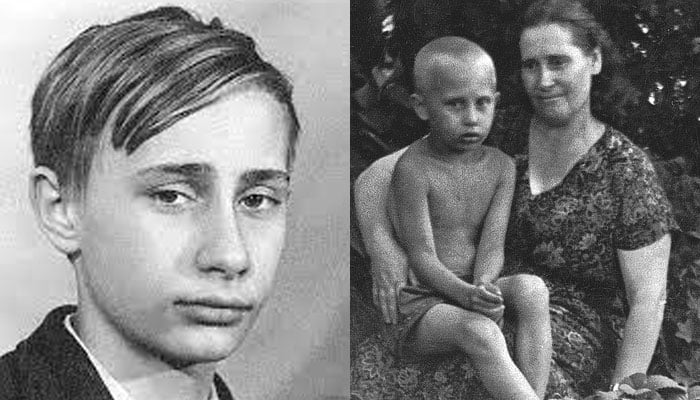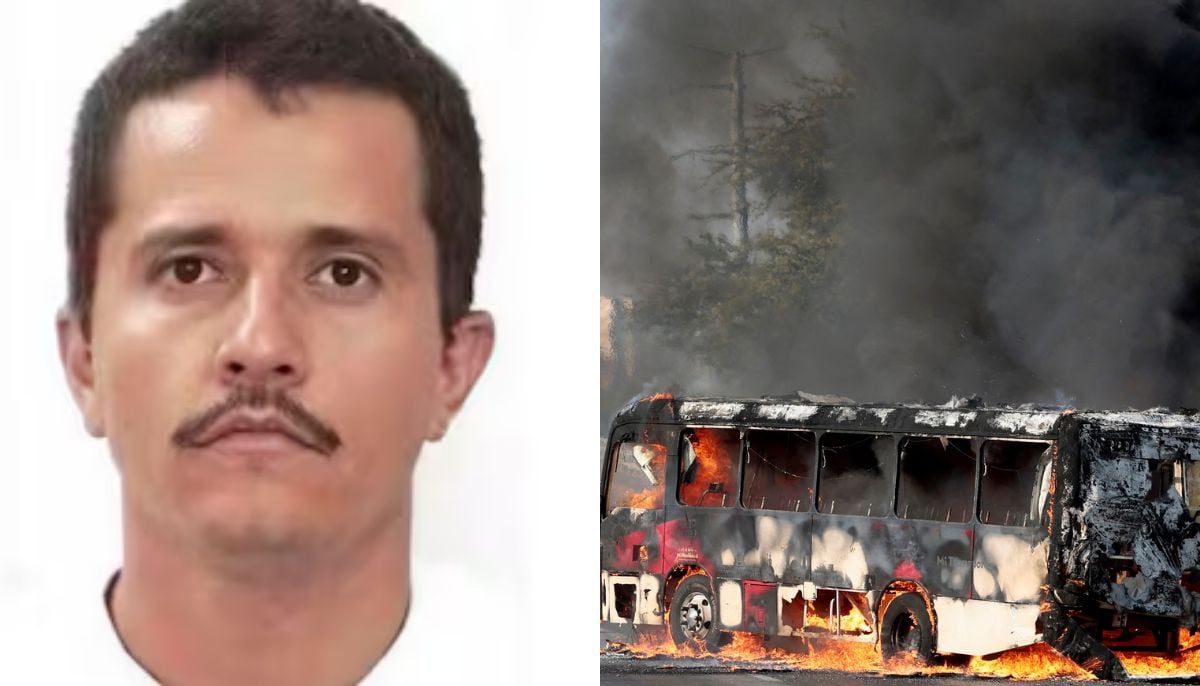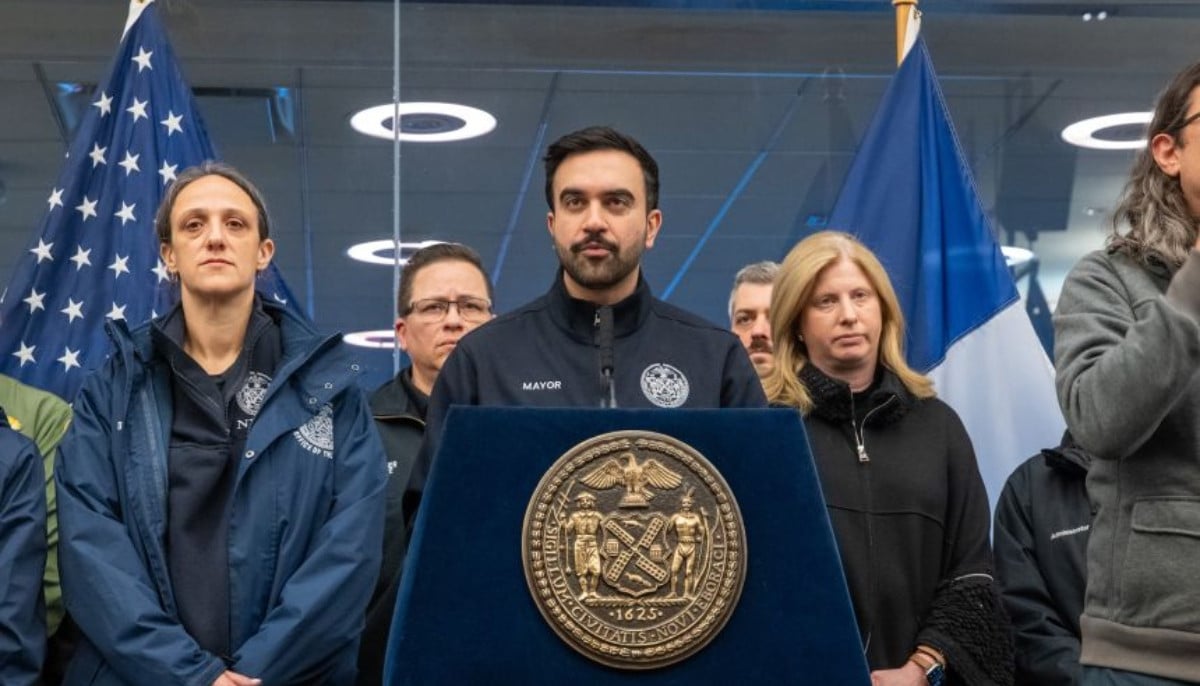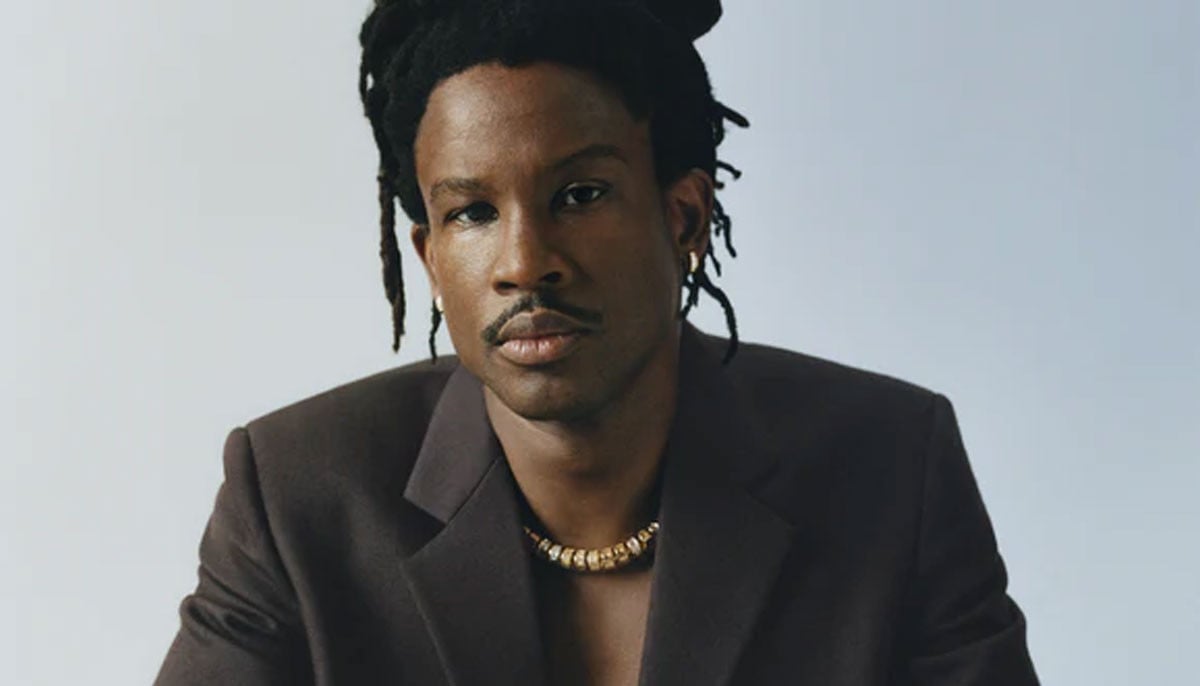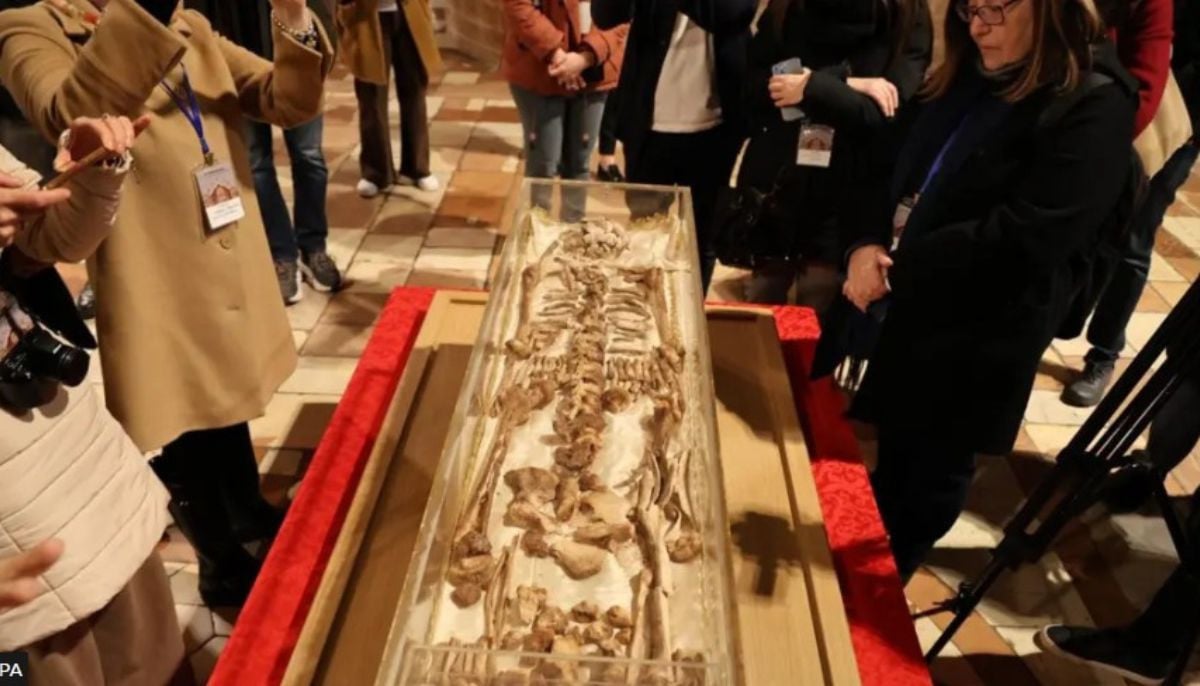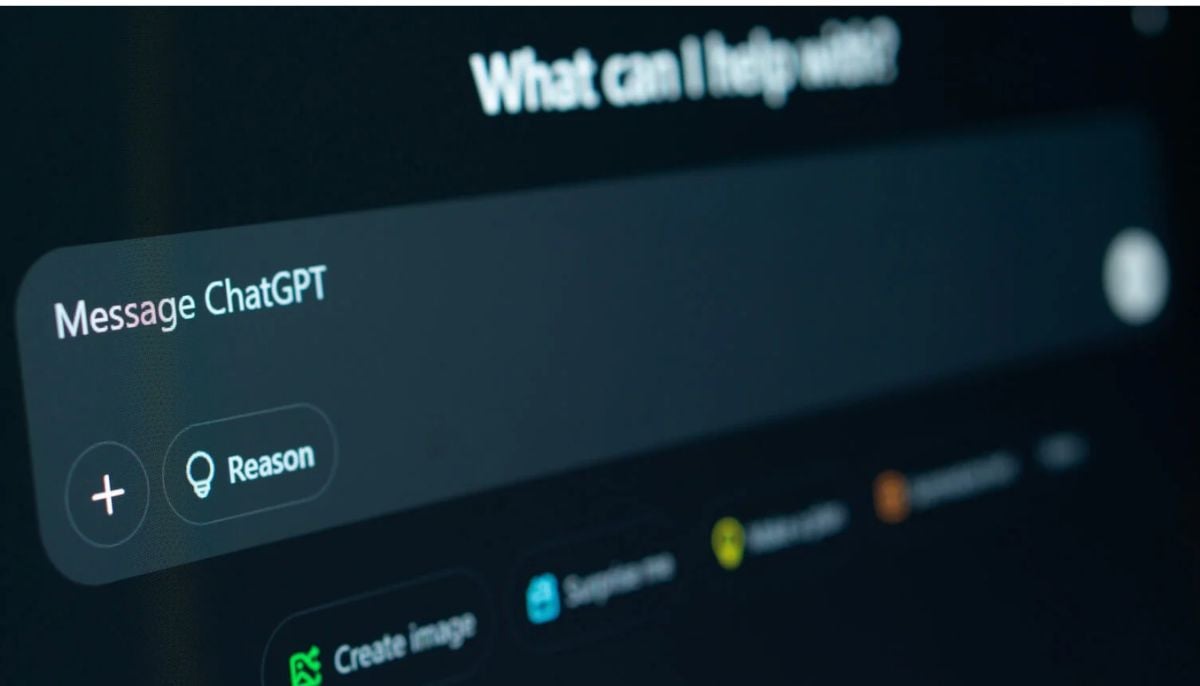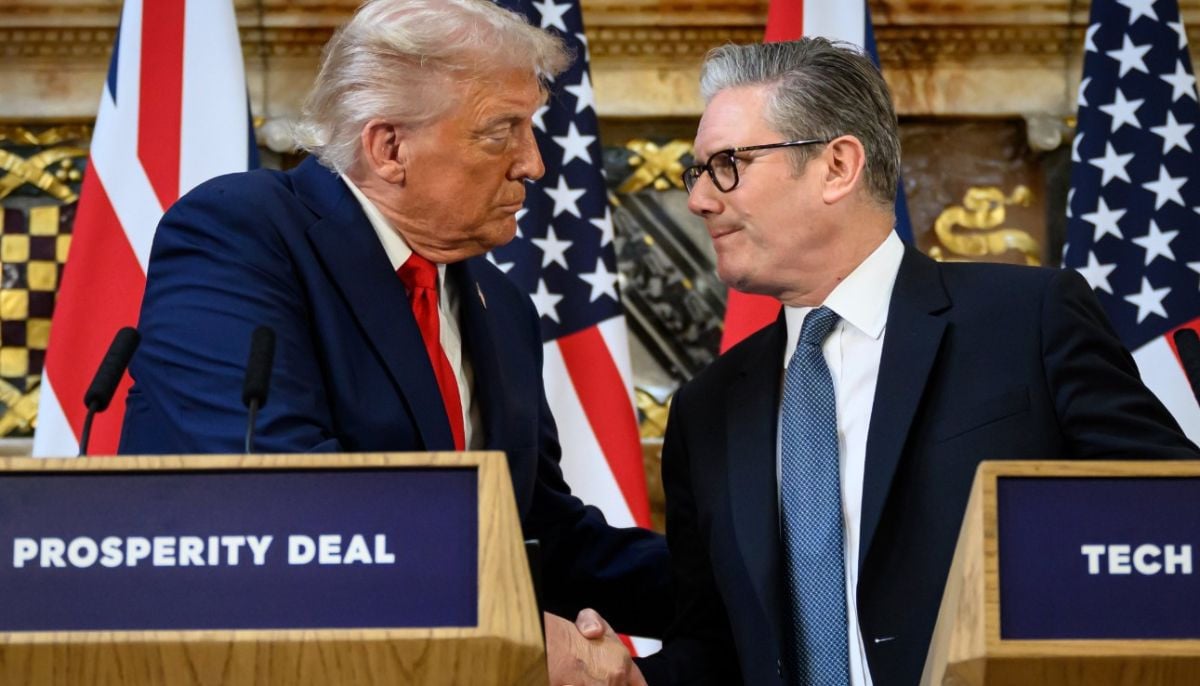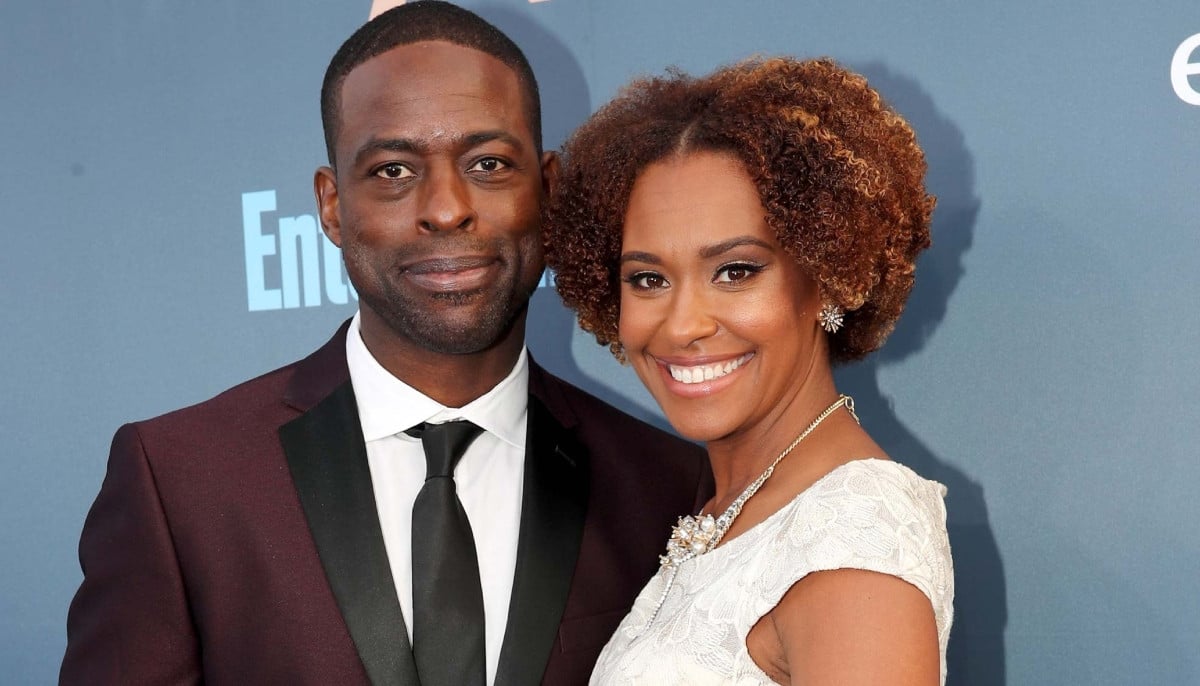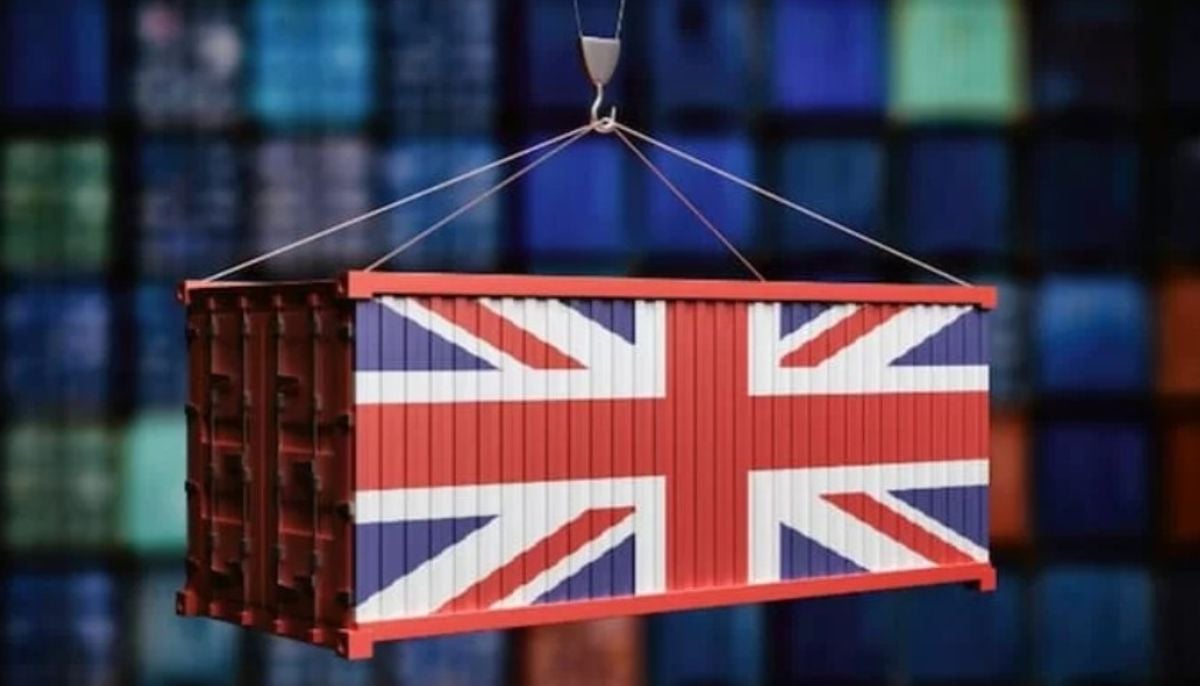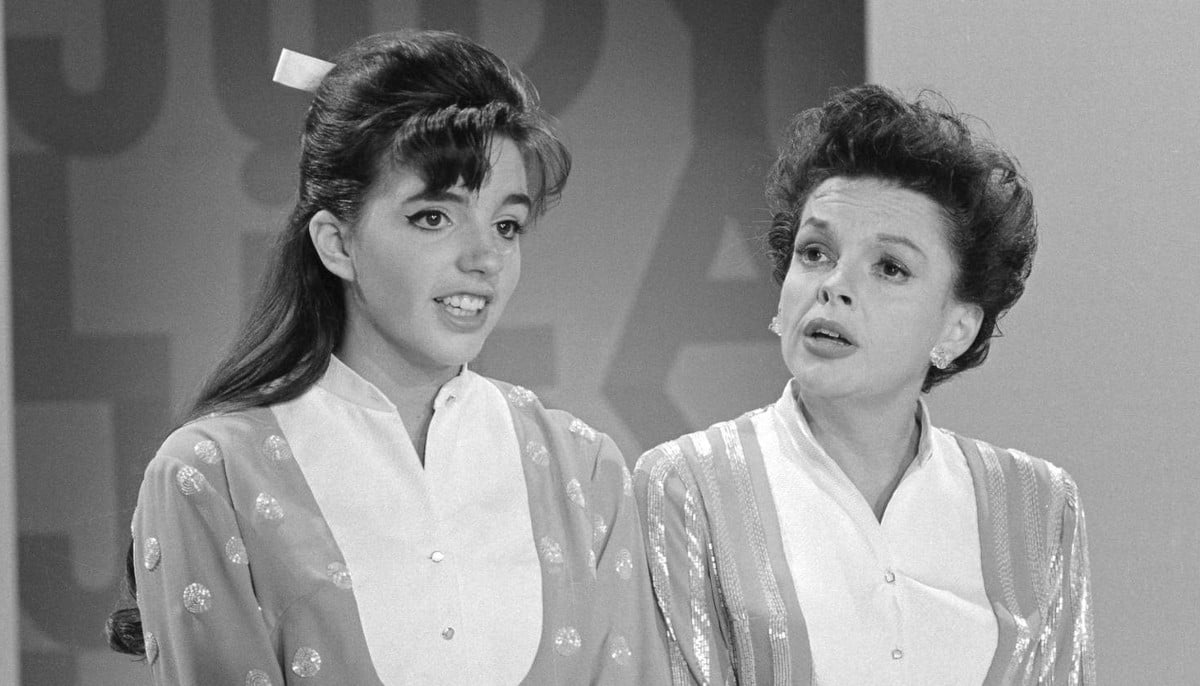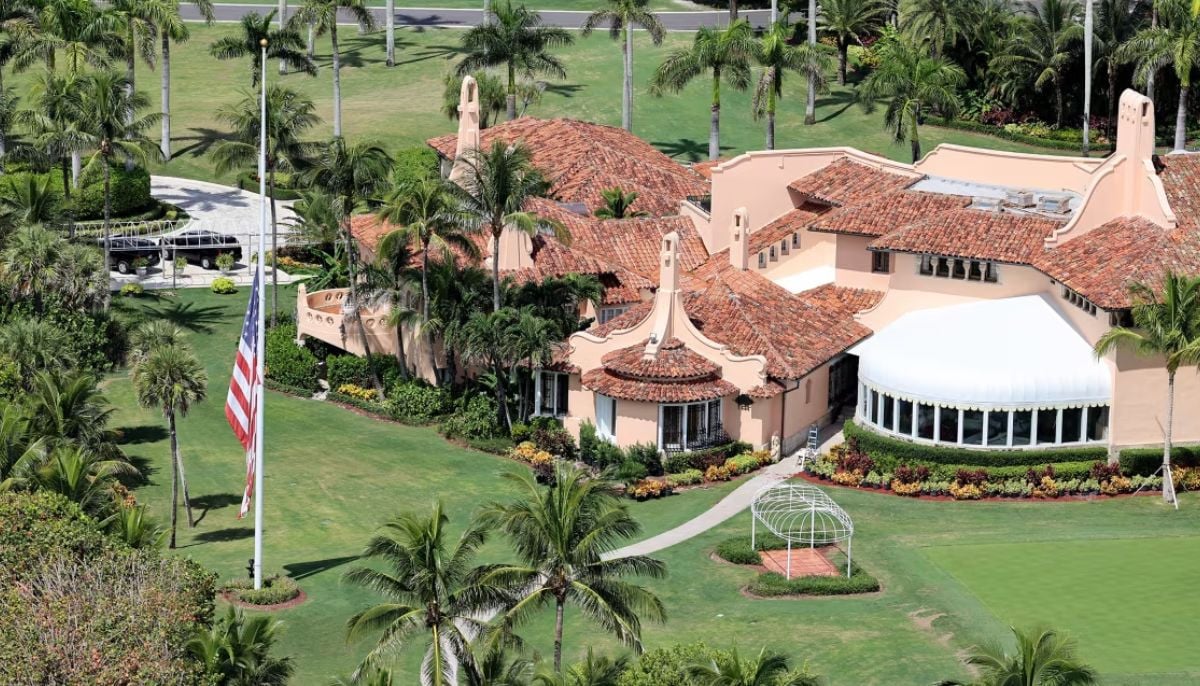Who was Vladimir Putin's alleged real mother Vera Putina?
With its humble brick and cement houses, the village was abuzz with tales of Vera as mother of 'King of Russia'
In the impoverished village of Metekhi in Georgia, lived an elderly woman named Vera Putina who claimed that Vladimir Putin, the president of Russia, was her son.
Vera passed away on May 31st at the age of 97.
Vera, a Russian living amidst the dilapidated houses of Metekhi, one day, scraped the floor and found a collection of photographs, and among them were images of a young child, distinct in his appearance with blond hair, pale eyes, and a sullen expression.
These photographs depicted a boy's life – from a smartly dressed child to a schoolboy excelling in his studies. Vera saw her eyes in the images, recognising the unmistakable connection to her purported lost son, Vladimir Putin.
Though these photographs had once been her source of evidence, the KGB confiscated the originals after she publicly asserted her claim. Metekhi, a destitute hamlet at the base of the Caucasus mountains, became stirred by her audacious assertion.
With its humble brick and cement houses, the village was abuzz with tales of Vera as the mother of the "King of Russia."
Vera's conviction stemmed from her recollections of a college romance with Platon Privalov, which resulted in the birth of Vladimir, affectionately known as "Vova."
Vera's assertions clashed with the official narrative outlined in Vladimir Putin's autobiography, where he was portrayed as the son of Vladimir Putin Senior and Maria Putina.
The president's story recounted the siege of Leningrad and the loss of his infant brothers, while Vera insisted that the Leningrad couple were "foster parents."
While this theory gained little traction in Russia, it attracted attention beyond its borders. Journalists speculated about the gaps in Putin's childhood narrative, considering the possibility of a Georgian connection that the president might have concealed.
In 2008, Vladimir Putin was discovered to have attended Metekhi school for three years, further fueling intrigue. Yet, journalists who sought to investigate Vera's claim met unfortunate fates, and Vera herself encountered mysterious DNA testing.
Despite scepticism and the passage of time, Vera stuck to her story. In 2003, a Dutch filmmaker named Ineke Smits captured her life in a documentary called "Putin's Mama." The film highlighted Vera's daily struggles in Metekhi and her enduring bond with the man she believed to be her son.
Her dreams were filled with longing for reconciliation with Vladimir, imagining moments when he might visit Metekhi.
However, these dreams remained unfulfilled, and Vera persisted in her devotion, lighting candles for him in church.
One photograph that the KGB overlooked depicted a three-year-old child with a shining gleam in his eyes. Although he did not resemble the later portraits of Putin, Vera recognised that sparkle as the mark of the determined and unyielding leader of Russia.
Vera Putina's life was a tapestry woven with conviction, memories, and a unique connection to one of the world's most influential figures.
Whether her claims were grounded in truth or delusion, her story left an indelible mark on the small village of Metekhi and captured the curiosity of those who encountered it.
-
Italy: Skeleton of Saint Francis of Assisi’s goes on public display for first time after 800 years
-
EU rejects any rise in US tariffs after court ruling, says ‘a deal is a deal’
-
Woman allegedly used ChatGPT to plan murders of two men, police say
-
UK seeks ‘best possible deal’ with US as tariff threat looms
-
Sterling K. Brown's wife Ryan Michelle Bathe reveals initial hesitation before taking on new role
-
Rising energy costs put UK manufacturing competitiveness at risk, industry groups warn
-
Liza Minnelli recalls rare backstage memory with mum Judy Garland in new memoir
-
Armed intruder shot dead at Trump's Mar-a-Lago residence: US Secret Service
